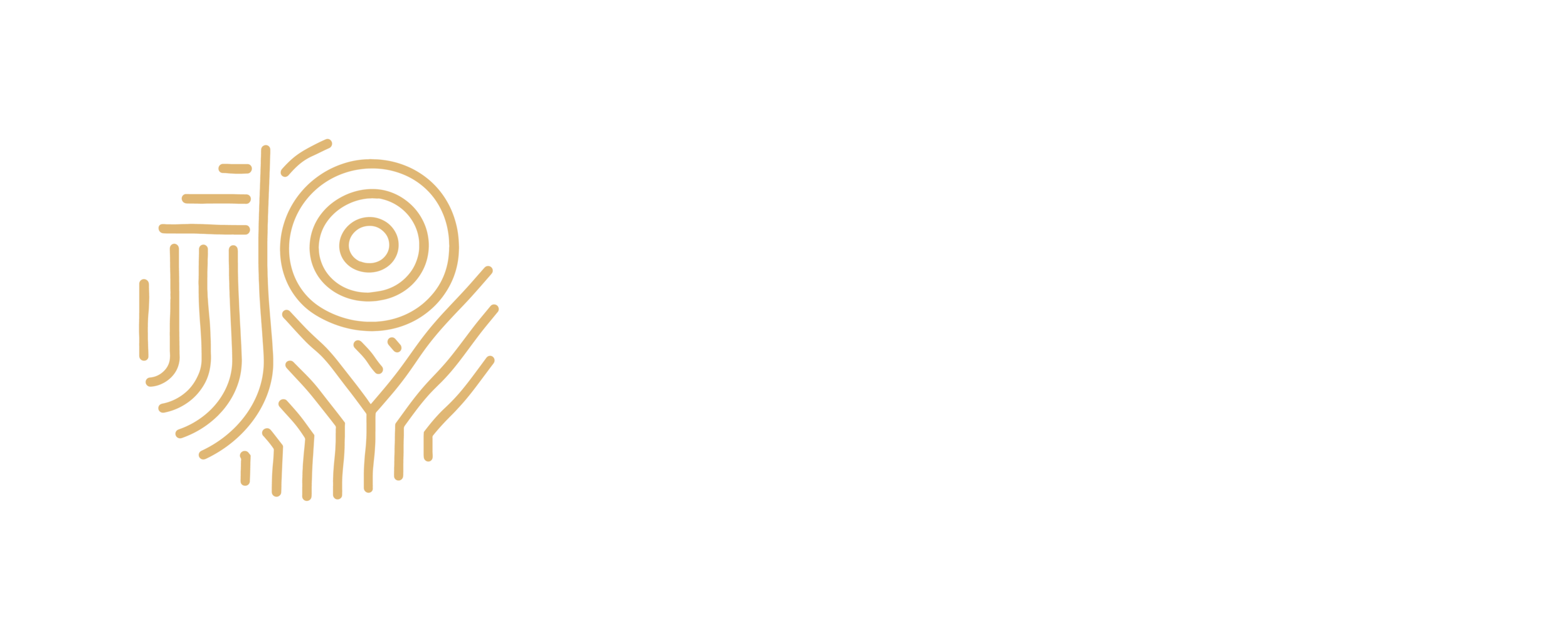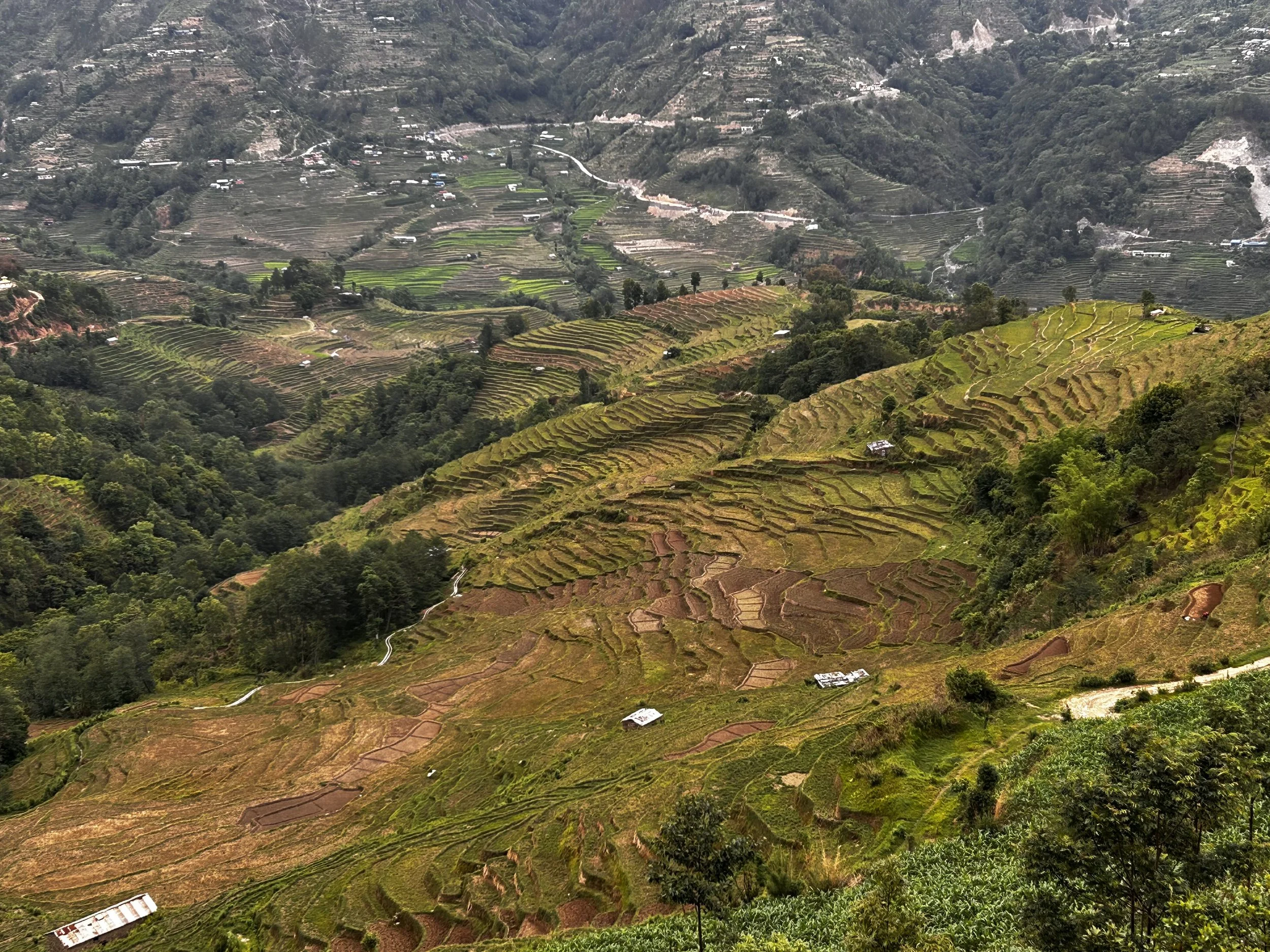Wicked Problems
Wickedness isn’t a degree of difficulty. Wicked issues are different because traditional processes can’t resolve them”
- Horst W.J. Rittel and Melvin M. Webber
Little did we know when the term “wicked problem” was first coined in 1973 by Horst Rittel and Melvin Webber, it would come to represent some of the most difficult and complex problems in our society today. But what exactly is a wicked problem?
In short, a wicked problem is a problem that is extremely difficult or even impossible to solve because it has multiple variables, changing conditions, and conflicting opinions. Wicked problems have no clear-cut solution since there are too many factors to consider and it's difficult to predict the outcomes of potential solutions. Examples of wicked problems include climate change, extreme poverty, and human trafficking.
These problems can be traced back to our societal values, practices, and structures, hence their changing nature and their relationship to a specific place. Wicked problems are fundamentally socio-cultural or political issues, which means they require both systemic and human-centric solutions. If a solution is to be found for a wicked problem it requires multiple stakeholders to work together to cooperate on the solution, rather than a single person or group being tasked to do it.
5 Example of Wicked Problems
Climate Change - is a vastly complex issue that impacts many global aspects of life. However a negative impacts on human health, including increased incidence of heat-related illnesses, respiratory problems, and the spread of disease by insects and pests. In developing countries, and their communities there are far less resources to adapt to these rapid negative impacts.
Extreme poverty - is defined as a condition of severe deprivation characterized by a lack of basic human needs, such as food, shelter, and access to clean water and sanitation. According to the World Bank, extreme poverty is typically defined as living on less than $1.90 per day (measured in 2011 purchasing power parity dollars). This level of poverty is considered to be the threshold, below which a person is unable to meet their basic needs for survival.
Inequality and Human bias - Inequality refers to the uneven distribution of resources, opportunities, and privileges among different groups of people. It can take many forms, such as economic inequality, social inequality, and educational inequality. Human bias refers to the inherent biases and prejudices that individuals hold, which can influence their perceptions, decisions, and actions in ways that perpetuate inequality. Bias can be conscious or unconscious, which manifest in many forms, such as racial bias, gender bias, and social bias.
Extreme hunger - is a severe lack of access to enough food to meet basic nutritional needs. This can result in malnutrition and a range of health problems, including weakened immunity, increased susceptibility to disease, and stunted growth. In severe cases leading to organ failure and death. Extreme hunger affects millions of people, particularly in developing countries.
Human trafficking - is the recruitment, transportation, transfer, harboring, or receipt of persons by means of coercion, abduction, fraud, deception, or the abuse of power of a position of vulnerability for the purpose of exploitation. It is a form of modern-day slavery and it affects every country in the world.


